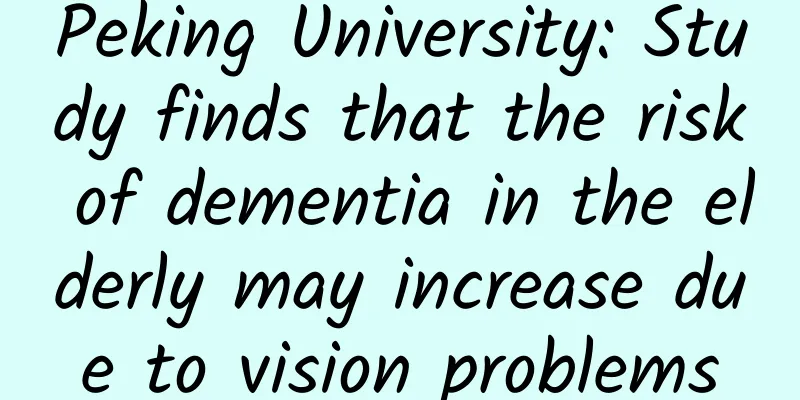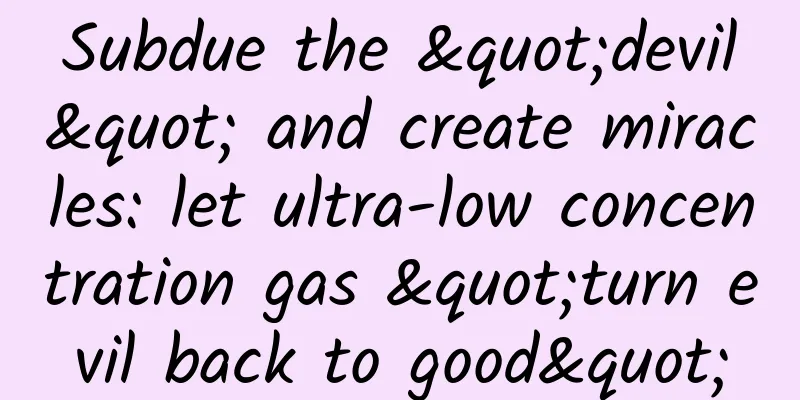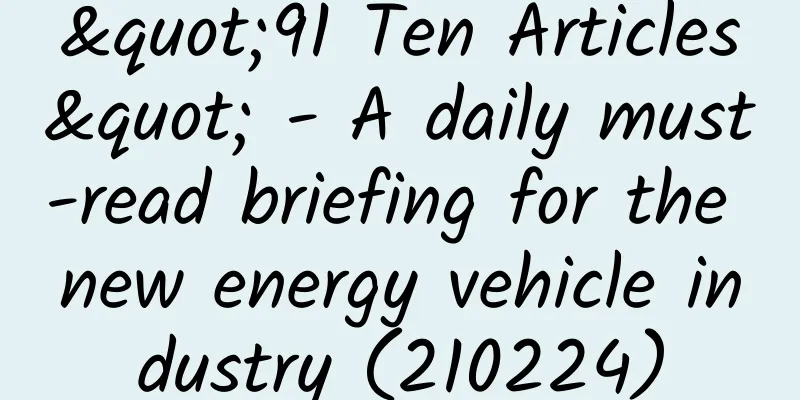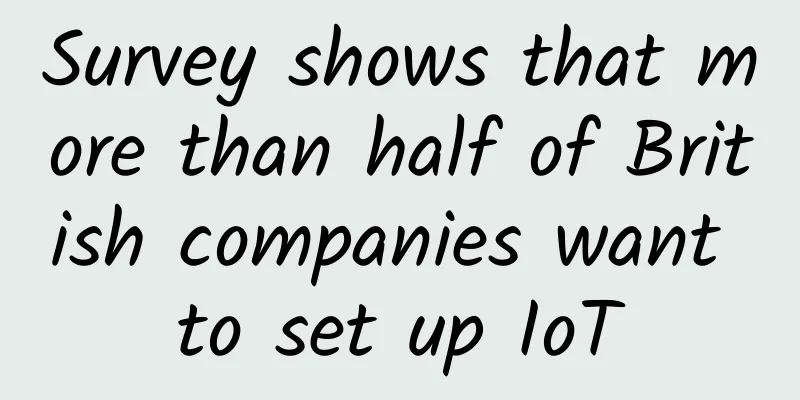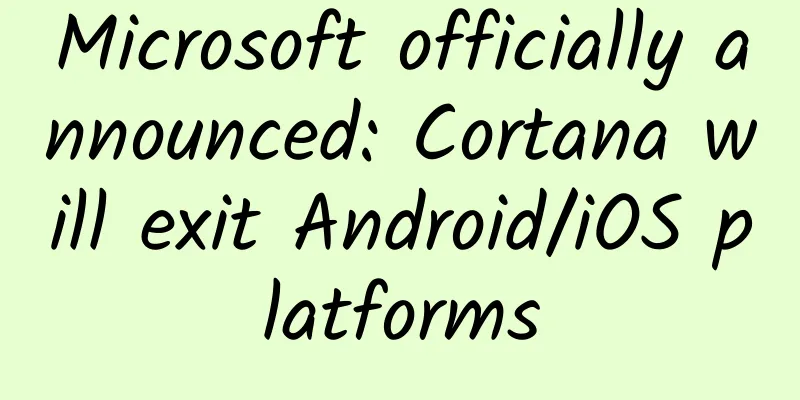Are you doing what you really want to do?
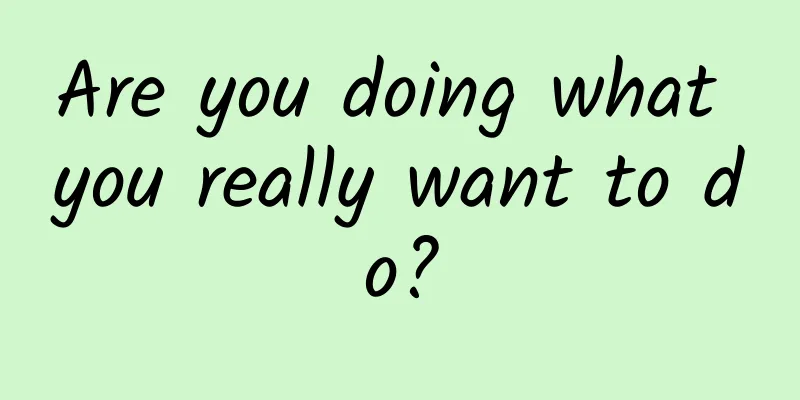
|
Author: Gui Youyu Have you ever thought about this question? Sometimes you decide to go to work, or drink water, or post a circle of friends. Are these decisions really made by you on your own initiative and consciously? Is it possible that all the decisions have been made long ago, and you are just destined to have these ideas and then implement them? This question is called the "free will problem", and philosophers have been discussing it for a long time. There is a very famous book called "Sapiens: A Brief History of Humankind", and the author of the book, Yuval Noah Harari, also talked about this issue. His point of view is that free will does not exist, and all our decisions are predetermined. The book says that in 1964, scientists conducted an experiment: they found some people, tied brain wave detectors on their heads, and then asked them to sit there and do nothing, except to bend their fingers if they remembered. As a result, scientists discovered a pattern: it takes 0.15 seconds from the time the subjects have the idea to bend their fingers to the time they actually bend their fingers. In other words, 0.15 seconds before people bend their fingers, the brain first issues a command to bend their fingers. However, what is interesting is that scientists have discovered that the brain will send out a mysterious signal about 0.35 seconds before the brain issues the command to bend the finger. In other words, 0.5 seconds before people bend their fingers, this mysterious signal comes first, and then people have the idea to bend their fingers, and then their fingers bend. In this sense, it is very likely that this strange mysterious signal determines that a person will bend his fingers next. The action of bending a finger is not determined by oneself, but by this mysterious signal. The book "Sapiens: A Brief History of Humankind" records this experiment and draws many conclusions based on it. The author, Harari, believes that free will does not exist and all our decisions are predetermined. This view is not Harari's own, but many other views in his book are based on this view, and the book is very popular, so many people believe that free will does not exist. Many people do not like this view, thinking that if their own thoughts are not their own, then what else is theirs? Therefore, they feel very uncomfortable. But now a new study has come out saying that the 1964 brain wave experiment was actually wrong. The 0.5 second signal is not the reason why people move their fingers. So what is this signal? It turns out that there are always a lot of random noises in the human brain. Generally speaking, these noises are not as good as real electrical signals. But sometimes, a person is very bored and doesn't want to do anything, and there are no real electrical signals. Then these noises may accumulate by chance and exceed a certain limit, helping the human brain break the deadlock. This new study believes that in the previous experiment, scientists let the subjects decide when to bend their fingers, without giving them orders or external signals, so the final decision to bend their fingers was actually noise. All 0.5-second signals are actually noise, but these noises happened to accumulate beyond the limit, and there was more noise that failed to exceed that limit. When did the limit exceed? The researchers analyzed it and found that all the noise signals looked similar at the beginning, and only at 0.15 seconds before bending the finger did they diverge. Hey, isn’t this the time when people have the urge to bend their fingers? So their conclusion is that people's thoughts of bending their fingers are not determined 0.35 seconds in advance, but are generated at the same time as the signal of bending their fingers in their brains. It cannot be said that the signal determines people's thoughts in advance. In this way, the interpretation of the 1964 experiment is not valid. In other words, free will was not denied by that experiment. Of course, we cannot say that free will has been proven by the new experiment. If you refute one piece of evidence from the opposing party, it only refutes this piece of evidence, and it is not enough to prove that your own point of view is correct. This is basic logic. But this is something to be happy about, as it shows that we have made a step forward in our understanding of consciousness. Perhaps in this era, we can really solve this problem. |
Recommend
How can programmers quickly get promoted and get a raise at the beginning of their careers?
In a mature medium or large organization, profess...
Taking Kaola.com as an example, we analyze the event planning process and innovative gameplay
I won’t keep you in suspense here, let me go thro...
Keep brand marketing promotion model!
In recent years, I have found that vertical Inter...
Guangzhou mini program production and customization development, what are the processes for developing a mini program?
After the fifteenth day of the first lunar month,...
Behind the rapid development of AI big models, is sustainable development achieved through “green computing”?
Currently, artificial intelligence (AI) has been ...
Baidu buys Kuaiqian for RMB 2 billion: a good deal for a man and a woman
After Double Eleven, Baidu also started the “buy,...
After recovering from Mycoplasma pneumoniae infection, can you get infected again? Under what circumstances can children go back to school after being infected?
Autumn is the peak season for Mycoplasma pneumoni...
Event operation: coupon distribution strategy design!
1. Write in front It’s time to do some case revie...
That grill master may be a master of chemistry
Editor’s Note: Barbecue is nature's gift to m...
WeChat long press for 2 seconds has so many hidden functions. Learn more
[[321342]] According to Tencent's 2019 annual...
Why do we have to develop a hydrogen bomb, he said -
He is the recipient of the "Medal of the Rep...
Bai Tan "Mang (Tik Tok Girl Version)" lyrics mp3 network disk Baidu cloud download
Bai Tan "Mang (Tik Tok Girl Version)" l...
The market for imported cars in China is on the verge of collapse, with prices falling continuously and the myth no longer existing. What went wrong?
The news that the EU has imposed tariffs on Chine...
A must-have for following hot topics in February | New media marketing hot calendar!
In 2017, the new media landscape underwent tremend...
